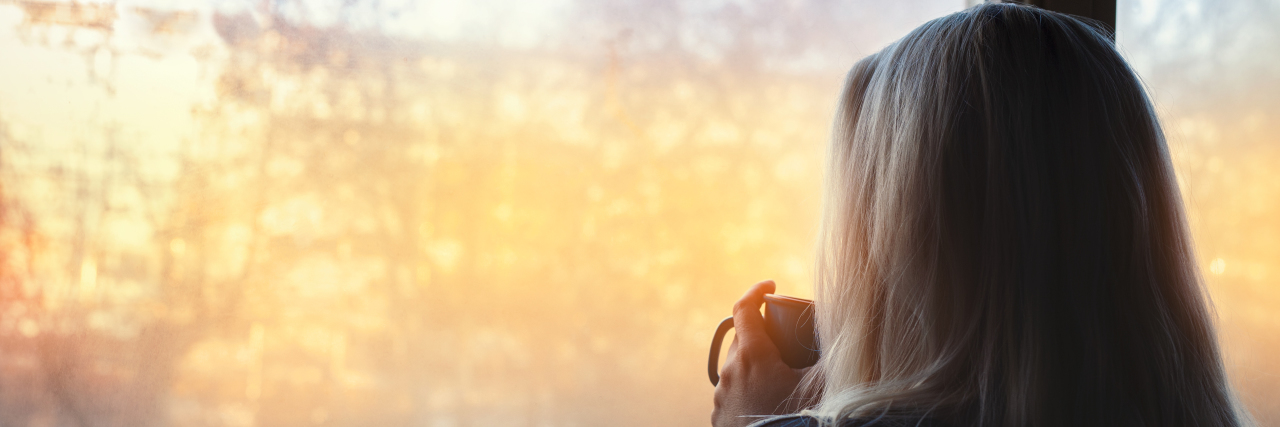Why COVID-19 Self-Isolation Hasn't Changed Much for Me as Someone With Dwarfism
I am currently self-isolating due to the COVID-19 pandemic, although it feels no different from usual. I am used to not going out or limiting where I go and when, because I have dwarfism and after 30 years of constant unwanted attention, I have developed various strategies to limit how much abuse I get, including limiting when and where I go.
I used to love going cycling, but due to all the unwanted attention I received, I began to only cycle early in the morning when there would be less people about, meaning the chance of receiving abuse from others would fall. But the abuse didn’t stop. I was still called a “midget” by a man who passed me in his car. Then a group of young men who appeared to be recovering from a night of partying wanted to get a photo of me as I cycled past them. I could hear, “get a photo, quick, get a photo!”
Before this pandemic, I would choose to go to my local town at 9 a.m. on a Saturday morning and ensure I was back home around 10 a.m. It was nice to walk uptown when it was quiet. I dreaded having to go out to busy areas later in the day as I knew I would get stared at, laughed at, pointed at, perhaps called names and sometimes even photographed. It’s the price many of us pay for being a dwarf. However, the unwanted attention is not just because we look different, but how that difference is culturally constructed.
There are plenty of dwarfs who have chosen a career in encouraging people to laugh at their dwarfism. The problem is we all get tarred with the same brush. Even worse, when you don’t respond to strangers’ jokes about your height with glee, they may think it is because you can’t accept your dwarfism. Of course I can accept my dwarfism, I just refuse to accept heightist assumptions about dwarfism that have been constructed by average-sized people.
I am not the only person with dwarfism who avoids busy spaces. My doctoral research, which focused on experiences of people with dwarfism in society, found that many people with dwarfism avoid certain places as they know they are likely to encounter abuse from strangers. People may tell us just to develop a thick skin, but that means tolerating heightist attitudes, which should not be acceptable within society. Don’t get me wrong, I hate staying in as often as I do, but I hate the abuse more.
Imagine if this kind of social abuse was hurled at those not listening to government guidelines and refusing to socially isolate. What if every time you went out during the pandemic, someone would stare, point, laugh at you and call you names until you run back into your house? People may say it would not bother them at first, but give them time and the constant ridicule would eventually become too much to handle. What would be even better though, is while people are self-isolating and feeling bored, think about how people with dwarfism feel when we self-isolate all the time because of harassment.
Getty image by MarinaZG.

